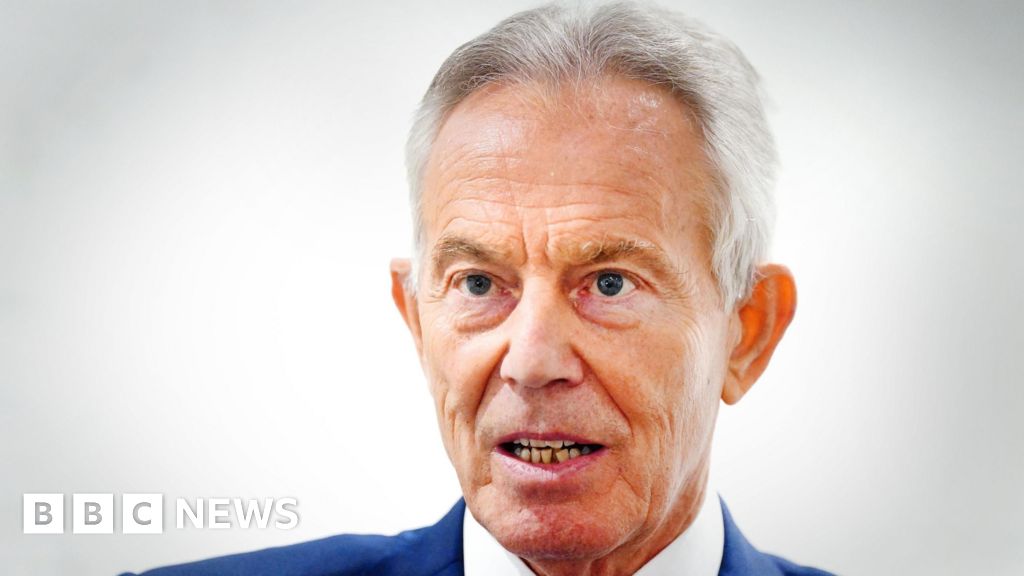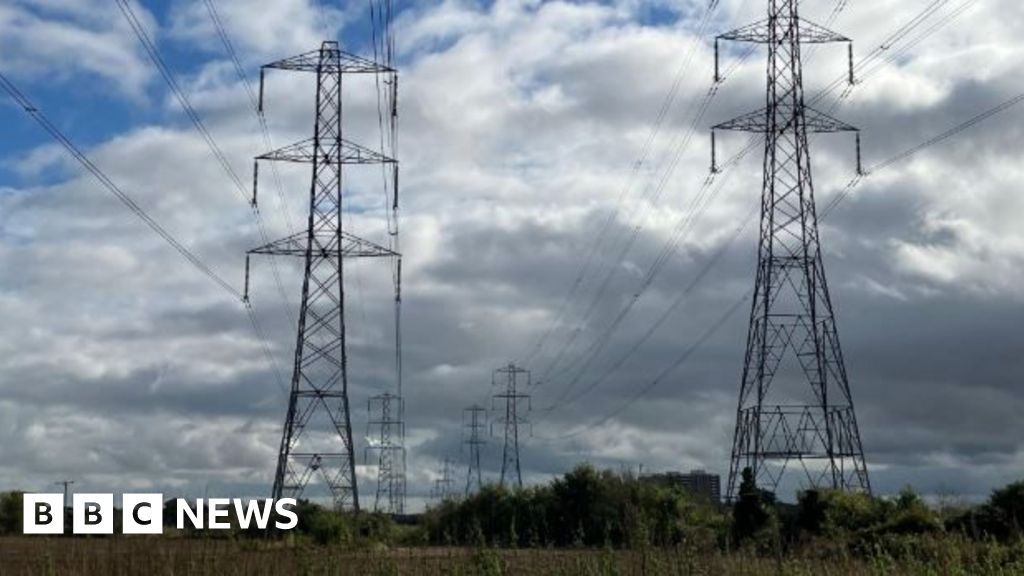ARTICLE AD BOX
The government "cannot rule out a windfall tax" on oil and gas companies to help with the rising cost of living, a Treasury minister has said.
The policy, proposed by opposition parties, would see a one-off levy imposed on the firms' profits, with proceeds put towards help for hard hit households facing surging bills.
Simon Clarke said it was not a move he was "philosophically attracted" to.
But he said the government would "always act in a pragmatic fashion".
Speaking to BBC Radio 4's Today programme, the chief secretary to the Treasury added: "We are looking at the situation with real urgency and intent, and it is against that backdrop that people can be reassured the government is on the case.
"We are not going to rush into action but at the same time nor are we going to sit here and not provide the support that is needed given the severity of the situation."
Labour, the Liberal Democrats and the SNP have all called for a windfall tax on oil and gas firms, which have seen record profits since the economy restarted after the pandemic.
The parties said the money could be used to support those worse affected by the rising cost of living, with bills for food, fuel and energy rocketing, and inflation hitting a 40-year high.
The government had initially rejected the idea, warning it could deter investment from energy companies into the UK.
But as costs continue to rise - and another energy price hike looms in the autumn - the language from Downing Street has softened, with both the prime minister and chancellor leaving the policy on the table.
A number of Conservative backbenchers have also come out in favour of a windfall tax, increasing pressure on the government to act - with former Treasury minister Jesse Norman telling Today it was needed in these "extraordinary times".
'Targeted action'
Mr Clarke refused to confirm if the measure would be introduced though, saying: "We want to make sure that when we do act we act on the basis of the evidence, understanding the problem in its full dimensions and crucially that we don't deter investment in North Sea oil and gas."
He highlighted policies already put in place - including the £150 council tax rebate - to support people with rising costs, before comparing the government's actions in the pandemic to the government of World War II.
"In the same way the Churchill-led government in the 1940s had no choice but to resort to extraordinary measures to deal with world war, we have had to do extraordinary things which during peace time is the most dramatic series of events ever to affect this country," said Mr Clarke.
"It is in that light that we approach the questions that confront us in the autumn ahead."
He added: "We want to make sure any action we take is targeted and effective, but we are certainly not going to rule [a windfall tax] out on principle in face of what is such an extraordinary situation."
After that once in a century pandemic and the colossal economic intervention that followed, now the question is about this almighty economic crunch and what to do about it.
What we are seeing in public - and it rages in private too - is philosophy and ideology smashing into reality. In other words Conservatives instinctively don't like windfall taxes appropriating the profits of a sector that has just happened to do very well.
But the energy companies have had a genuine windfall, and senior figures in government are pretty grumpy that in various meetings with the oil companies, they just don't seem to get it - they have raked in enormous profits and not really helped themselves, as someone put it to me last night.
So this U-turn looks increasingly likely, but there is some hesitation in grabbing the handbrake - there is a discussion on whether to do it, how to do it, when to do it and then what to do with the money that's raised.
Plus there is a nervousness too that is it not a panacea - that if it happened, people would be back at the government's door next week saying what are you going to do next.
There is a battle going on internally between pain relief, as it is described - short term fixes that can help people right now; and what is seen as surgery - boosting the economy for years to go, with an argument with if you spend a pound now, you can't spend that pound again on a new train line or power station later.

 2 years ago
40
2 years ago
40








 English (US) ·
English (US) ·